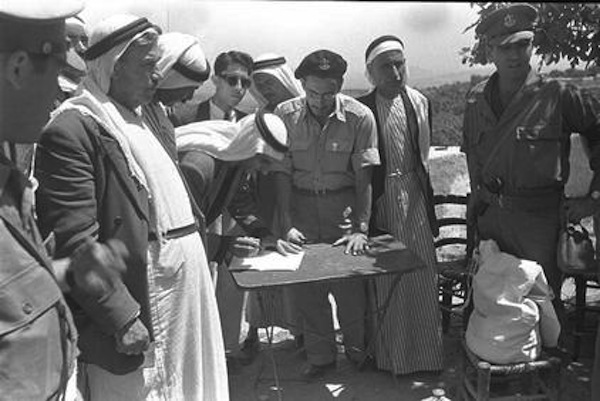As the images of the attempted coup in Turkey flooded the media, some in the Israeli Left began fantasizing about our own version of a military takeover.

Along with millions of others across the world, I closely followed the coup attempt in Turkey over the past weekend. Rather than being glued to the television, we stayed up until the early hours of the morning looking at Facebook Live feeds from the streets of Istanbul and Ankara.
No less fascinating was the response to the coup attempt among many of my Facebook friends. Coups, it turns out, are an exciting thing — especially for societies that find it difficult to bring about their own revolutions, and are therefore resigned to observe other nations’ revolts from far away. This becomes all the more relevant when coups try to topple regimes such Erdoğan’s, whose policies vis-a-vis Turkish political dissidents and ethnic minorities have grown increasingly loathsome over the past few years.
And yet there was still something surprising, not to say strange and worrisome, about how quickly some of my friends — with whom I share much in common politically — not only cheered on the sight of tanks in the streets of Turkey, but even went as far as fantasizing about a similar scenario in Israel. For instance, the “Hadar Matzav” Facebook group, which was closely associated with the social protest movement in Israel, published the following status: “Think about this kind of thing happening here, on a Friday evening, army forces spread out quietly in strategic locations, and then at night fighter jets fly so low you can hear them — and suddenly everyone understands a coup is underway.” They certainly were not the only ones.
Their interests, our interests
When people who are politically and socially engaged long, out of frustration, for a popular uprising by tanks and fighter jets, they assume that militaries are neutral institutions, bereft of any interests, which can be used as an “invisible” tool for carrying out the “will” of the people. Let the army take care of the bad guys, they say, and then it will transfer rule over to the people through democratic elections. In their eyes the military is nothing more than an all-powerful robot. The truth is that armies are organizations, and like any other organization they have their own agendas and interests — ones that not only don’t always coincide with those of the public, sometimes they are diametrically opposed.
Israel’s army, for example, has an express interest to not reveal details of the defense budget. So that we do not know how much money goes where, or what we are spending the largest part of the state budget on. Of course this position is expressed in terms of “security,” but this will be, first and foremost, a clear organizational interest that grants the army extraordinary autonomy, which is translated into power. There is no single organization that does not dream about not having to provide reports on how it uses and manages its money. Our interests, as citizens, is the exact opposite: after all, this our tax money, and the ability to oversee the army’s expenditures is directly tied to our ability to oversee the priorities that most affect our lives.
Take for instance the policy of forcing the army’s top brass to retire at a relatively young age. Organizations can only dream of providing their workers with such lucrative conditions. Just say the magic catchphrase: public interest. That way the army can poach the best and the brightest! Yet no one has proven that this method works, and that all those who can start their second career under age 50 under the auspices of the IDF — all while receiving their pension — are our best and brightest. Secondly, who said that that having our best and brightest choose a military career — rather than, say, a career in education or medicine — is in the public’s interest? Perhaps the public interest is that our education system can reward teachers with early pensions?
Longing for military law

These conflicts of interest become clearer in light of the fact that militaries are not just another organization. Along with the police, it is an organization that has a monopoly on violence. The army is a violent organization. Sometimes there is no other option but to use that violence, but its very nature necessitates far stricter public oversight. This is our responsibility as a citizens — a responsibility that Israeli society has no interest in, out of that very same, dangerous belief that the army’s interests are “transparent” and coincide with that of the public.
Let’s also remember that Israel already instituted military rule over its Arab citizens between 1949 and 1966. This same military regime continues to rule over millions of people in the West Bank. Is this what parts of the Israeli Left longs for? Just before we fantasize about tanks rolling down Tel Aviv’s Rothschild Boulevard, ushering in the revolution that the social protests couldn’t bring about, perhaps we can imagine what revolution looks like when it is dependent on an institution whose entire raison d’être is security threats and war.
This article was first published in Hebrew on Local Call. Read it here.


